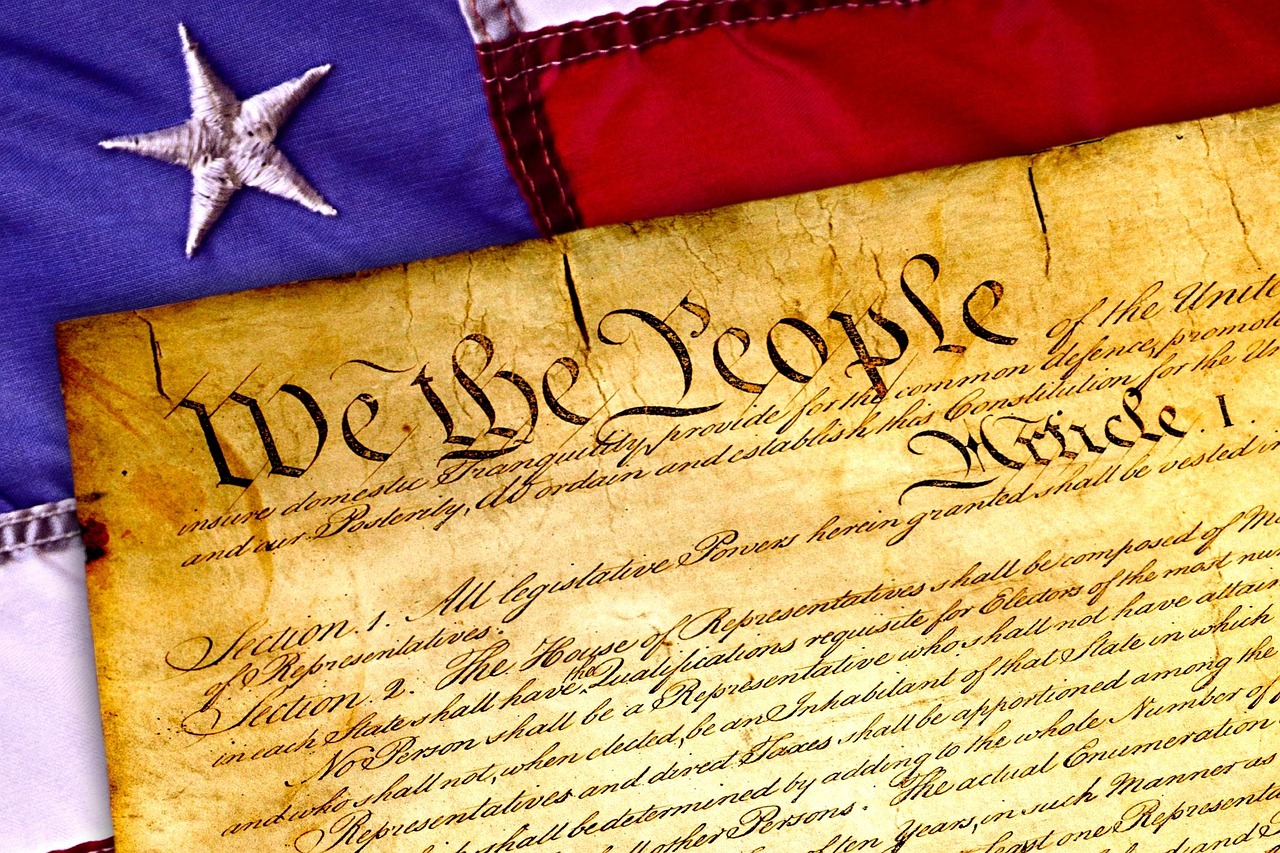


This response focuses on four key questions that need to be considered about politics and government in a Christian worldview.
What is important is that the Christian remain faithful to God and his truth in all circumstances including politics just like Daniel and the apostles. (Source for quotes, Thinking Like a Christian: Understanding and Living a Biblical Worldview by David Noebel and Chuck Edwards. Answer provided by Allen E. Hye, PhD)
Image by Wynn Pointaux from Pixabay
Answers to Life’s Greatest Questions is provided by Living Dialog Ministries. Visit our website at LivingDialog.org where you’ll see the wide range of books and booklets to help you go deeper in the study of God’s Word.